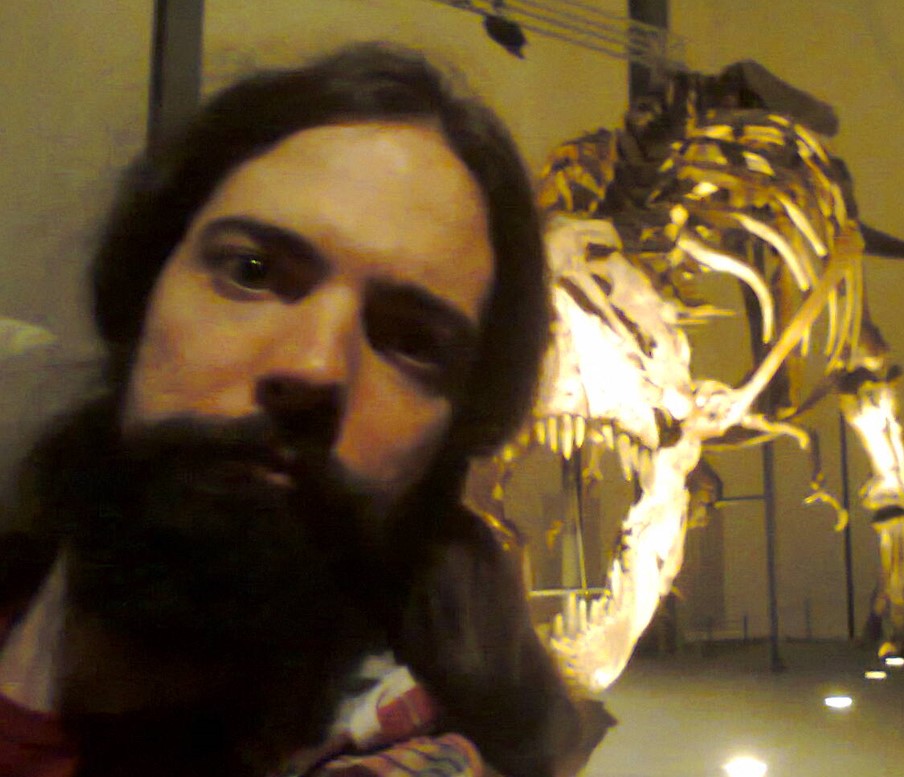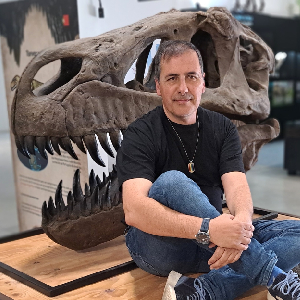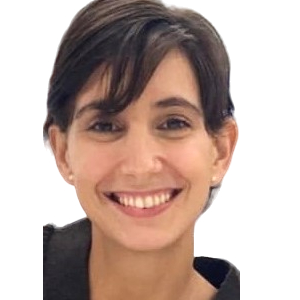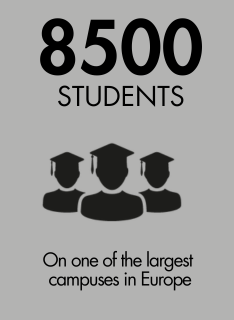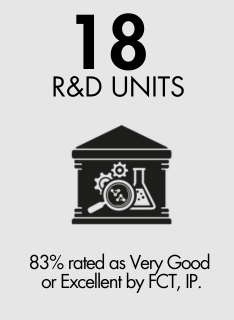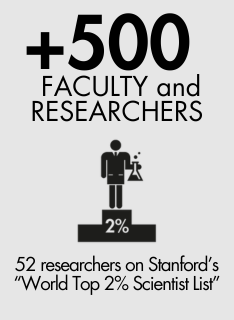- About NOVA FCT
- Education
- How to apply
- Scholarships and Awards
- NOVA FCT Curricular Profile
- Bachelor's Degrees
- Integrated Masters
- Master's Degrees
- Master in Biochemistry for Health
- Master in Civil Engineering
- Master in Civil Engineering - Structures and Geotechnics
- Master in Gastronomical Sciences
- Master in Mathematics Education
- Master's in Actuarial Mathematics
- Master's in Advanced Materials and Innovative Recycling
- Master's in Aerospace Engineering
- Master's in Agro-industrial Production and Transformation Technologies
- Master's in Biochemistry
- Master's in Biochemistry for Health
- Master's in Bioenergy and Sustainable Technologies
- Master's in Biomedical Engineering
- Master's in Bioorganic Chemistry
- Master's in Biotechnology
- Master's in Building Rehabilitation
- Master's in Chemical and Biological Engineering
- Master's in Civil Engineering
- Master's in Computer Science and Engineering
- Master's in Curatorship and Digital Humanities
- Master's in Digital Advanced Manufacturing Engineering
- Master's in Digital Society
- Master's in Education
- Master's in Embedded Intelligence Nanosystems Engineering
- Master's in Environmental Engineering
- Master's in Food Technology and Safety
- Master's in Gastronomic Sciences
- Master's in Glass and Ceramic Art and Science
- Master's in Industrial Engineering and Management
- Master's in Industrial and Scientific Heritage
- Master's in Materials Engineering
- Master's in Mathematics and Applications
- Master's in Mechanical Engineering
- Master's in Medical Microbiology
- Master's in Micro and Nanotechnologies Engineering
- Master's in Molecular Genetics and Biomedicine
- Master's in Paleontology
- Master's in Physics Engineering
- Master's in Precision Agriculture Technologies
- Master's in Renewable Energy Engineering
- Master's in Robotics Engineering and Intelligent Manufacturing Systems
- Master's in Statistics in Health
- Master's in Sustainable Urbanism and Spatial Planning
- Master’s in Analysis and Engineering of Big Data
- Master’s in Biomaterials and NanoMedicine
- Master’s in Computational Biology and Bioinformatics
- Master’s in Conservation and Restoration
- Master’s in Digital Skills for Health
- Master’s in Electrical and Computer Engineering
- Master’s in Facade Technology
- Master’s in Geological Engineering
- Master’s in Marine Living Resources: Science, Technology, and Society
- Master’s in Mathematics Teaching in the 3rd Cycle of Basic Education and in Secondary Education
- Master's in Maritime Logistics
- PhD Programmes
- Postgraduate Studies
- International
- Recognition of Foreign Degrees and Diplomas
- Executive Education
- Participation in US-Portugal Programmes
- Research
- News




